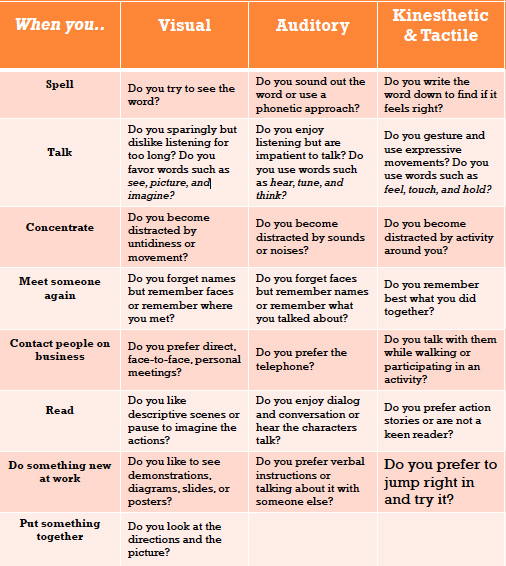Your interview felt perfect. You knew all the answers and your resume was shining with experience. But you didn’t get the job. They said you were “overqualified.” It wasn’t an excuse. They meant it. You really and truly were overqualified.
Think you may be overqualified for the jobs you’re applying for? Here are our top tips to help you ace your next interview regardless.
Make Sure You Want It
Before doing anything else, you need to figure out whether you actually want this job or not. There are two main reasons companies turn away overqualified applicants. The first is lack of funds. They don’t have enough money set aside to pay what your experience is worth. The second is that you could be a flight risk. A late career change may be seen as a risky hire. They don’t want your time at the company to be a short detour from your main career path.
So before even applying to a position you’re overqualified for, decide why you want the job. Is it because you’re ready for a career change? If so, make sure you realize it could mean a pay cut. What matters is where you are in your life now. What you want now. Not your past salary or education. And be prepared stay at this job for at least a few years. If this is what you want, you need to commit.
Leverage Your Network
Now that you know you truly want this, it’s time to let your network know. If your potential interviewers are skeptical of whether you actually want the job or not, it’s time to bring in backup. They are more likely to trust a mutual acquaintance over a faceless applicant.
Your network can also help you find job opportunities. You might have a contact out there with a friend who would love to hire someone overqualified, but just doesn’t have the budget. You’re a perfect fit, but your contact won’t ever know it if you don’t tell them!
Tailor Your Resume
A resume is usually a chance to go all out. It’s a chance to shine, to list all of your accomplishments for the world to see. But when you’re overqualified, perhaps not all of those accomplishments are related to the position you’re applying for. It can be difficult for human resources to sift through a packed resume to find which accomplishments match up to the position.
A resume tells a story. It paints a picture of you as a potential employee. But if there are too many brush strokes, the end result might be a painting that’s too fancy for the room in which it’s being placed. Consider your words carefully, and customize your resume for the position. Focus on skills first, then accomplishments.
This is where staffing agencies can help. Recruiters are your advocates and personal brand ambassadors. Their insider knowledge allows them to highlight and promote your most marketable skills. As noted by Bettye Taylor, a recruiter from a local Express office, “a recruiter can sell the transferable skills where they will be noticed, versus those skills being glossed over when submitting a resume to a website.”
And retooling your resume can show real results. “Many times I’ve had candidates reconstruct their resume from a chronological one to a functional one, highlighting those top three to five transferable skills and functions, and then list accomplishments and achievements under those,” she says. “You won’t believe what a difference that makes.”
Be Honest
When it comes to the actual interview, be honest. Address the elephant in the room. Let the interviewer know why you’re interested in the position. If it’s because of a career change, let them know why you’re making that change. Tell them that you’re really in this for the long haul.
And be positive! Don’t shoot yourself in the foot by thinking they’ll just tell you you’re overqualified. Interviewers want to see that you’re an actual human being they would enjoy working with. So be real!
Have you ever been rejected due to being “overqualified?” Let us know in the comments below!







